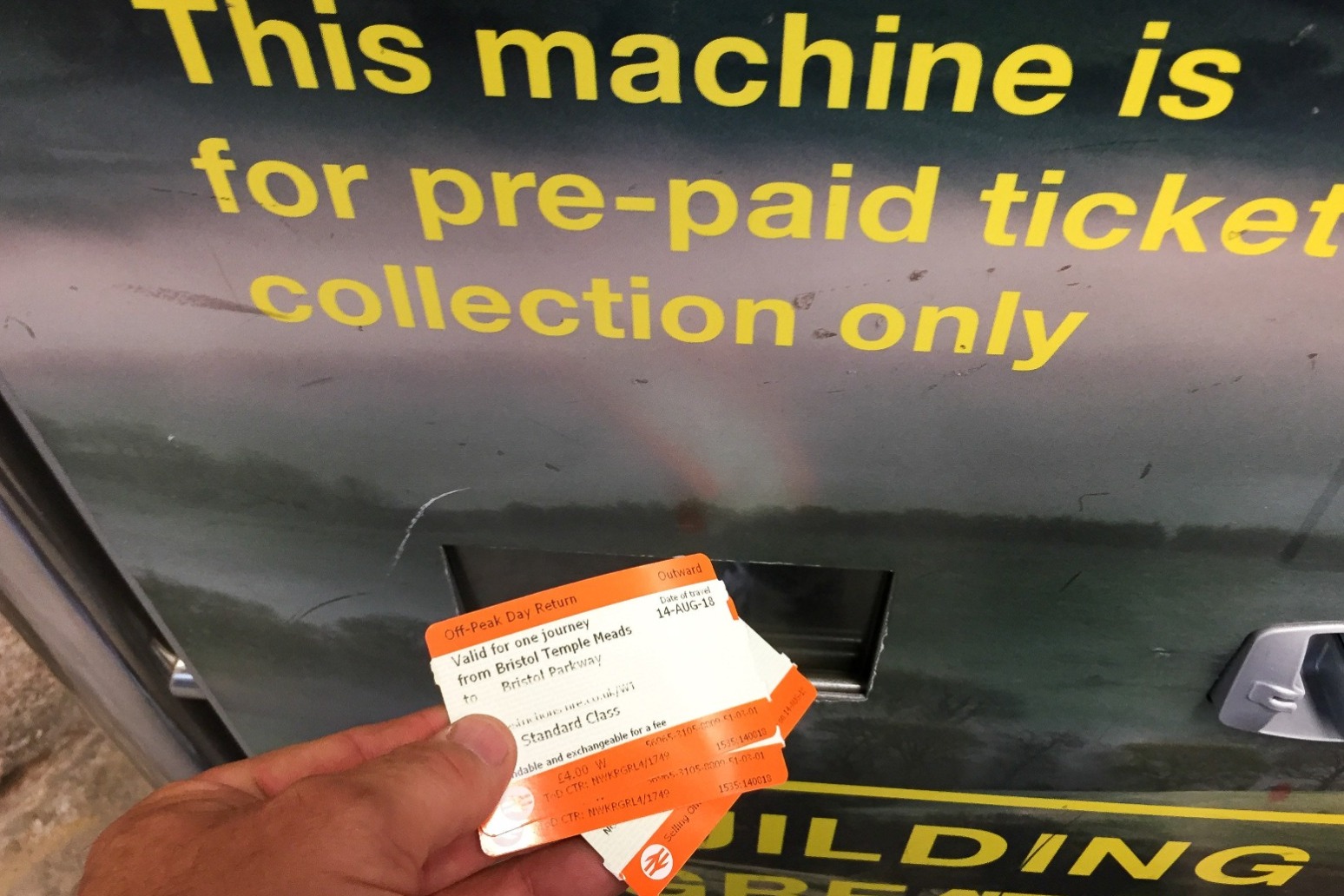
RAIL PASSENGERS HIT BY FARE RISE 'MISERY'
Rail passengers face "another decade of misery" as fares are hiked by an average of 2.7%, a campaign group has claimed.
Some long-distance commuters saw the annual cost of getting to work increase by more than £100 on Thursday despite fewer than two-thirds of trains being on time last year.
Fewer than half (47%) of passengers are satisfied with the value for money of train tickets, according to the latest survey by watchdog Transport Focus.
Bruce Williamson, of pressure group Railfuture, claimed fares are "outstripping people's incomes".
He said: "Welcome to another decade of misery for rail passengers.
"How on earth is the Government going to meet its climate commitments by pricing people off environmentally-friendly trains and on to our polluted and congested roads?"
Network Rail data shows only 65% of trains arrived at their scheduled station stops within one minute of the timetable in the 12 months to December 7.
South Western Railway passengers suffered from strike action throughout December, while there was major disruption to Northern, TransPennine Express and West Midlands Trains services during much of 2019.
Transport Focus director David Sidebottom said: "After a year of pretty poor performance in some areas, passengers just want a consistent day-to-day service they can rely on and a better chance of getting a seat."
He urged passengers to "offset the cost of the fare rises" by claiming compensation for every eligible delay.
Among the routes where the price of annual season tickets has increased by a three-figure sum are:
- Reading to London (up £132 to £4,736)
- Gloucester to Birmingham (up £118 to £4,356)
- Glasgow to Edinburgh via any permitted route (up £116 to £4,200)
Passengers buying tickets for day trips have also been hit by the fares rise.
An off-peak return ticket from Dundee to Edinburgh has increased in price by 50p to £29.40, while an Anytime return ticket from Gillingham to London via the HS1 route is up £1.20 to £45.40.
The increase in around 45% of fares, including season tickets, is regulated by the UK, Scottish and Welsh governments.
This is predominantly capped at July's RPI inflation figure, which was 2.8%.
The Campaign for Better Transport described RPI as a "discredited and obsolete statistic which should no longer be used".
It urged governments to base regulated fare rises on the more commonly used CPI measure of inflation, which was 2.1% in July.
Other fare rises are decided by train companies.
Robert Nisbet, director of nations and regions for industry body the Rail Delivery Group, said: "We know that no-one wants to pay more to travel, and rail companies have, for the third year in a row, held average fare increases below inflation while continuing to deliver investment in new trains and extra services that will improve journeys for customers.
"In 2020, we will work together to run 1,000 extra services a week and roll out 1,000 more train carriages as we replace half the country's train carriages.
"We will also continue to push for changes to regulations that would make rail fares match how people work today and tackle crowding on the busiest long-distance routes."
The Department for Transport (DfT) is expected to publish a white paper based on the findings of the Rail Review in the coming weeks.
The Government-commissioned review is being led by former British Airways boss Keith Williams, who was tasked with making recommendations on how Britain's railways should be reformed, including in relation to fares.
Published: by Radio NewsHub